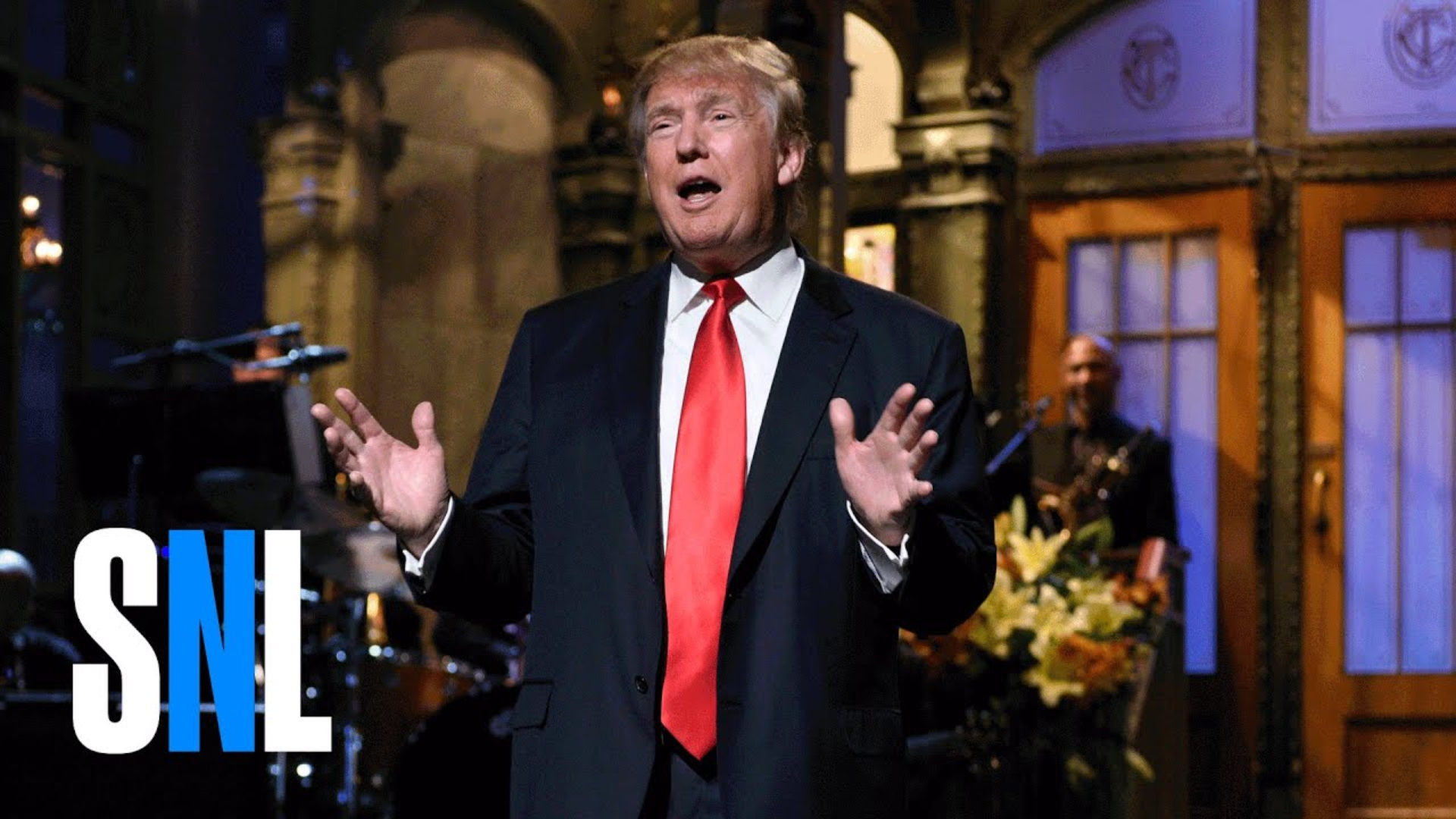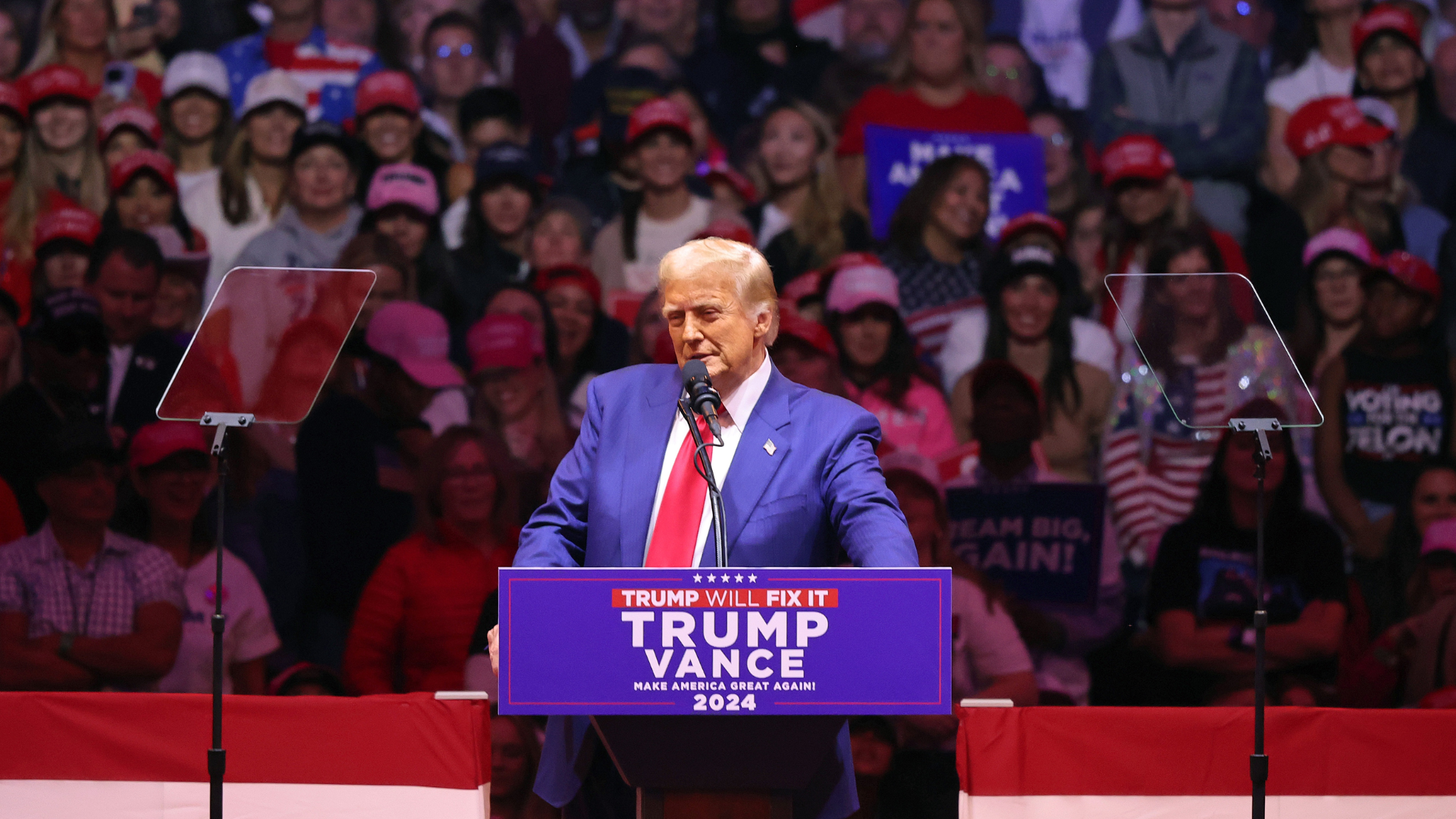
The St. Louis Post-Dispatch recently issued a sharp critique of Senator Josh Hawley, a Republican from Missouri and a known supporter of former President Donald Trump.
In a pointed editorial, the newspaper’s board labeled Hawley as “quite possibly the worst sitting senator in America right now,” highlighting his role in the January 6 Capitol attack and his political stances since then.
The editorial board’s commentary focuses on Hawley’s actions during the events of January 6, 2021, when Trump’s supporters stormed the U.S. Capitol in an attempt to challenge the 2020 presidential election results.
According to the board, Hawley “stands apart for his singular role in spurring the violence” that took place that day. The piece notes that Hawley was the first senator to announce his intent to oppose the certification of the election results, which, the board argues, contributed to the unrest that followed.
The op-ed also takes aim at Hawley’s broader political positions, particularly his stance on U.S. aid to Ukraine. T
he board criticized what it described as Hawley’s “shortsighted and obtuse quest to nix Ukrainian aid,” suggesting that this position reflects a narrow view of global affairs and U.S. responsibilities abroad.
Additionally, the editorial characterizes Hawley’s approach on the Senate floor as one of “demagoguery,” accusing him of promoting a faux-populist message that lacks substantive policy backing.
The newspaper has endorsed Hawley’s Democratic challenger, Lucas Kunce, an attorney and Marine veteran, as someone who offers a stark contrast to Hawley.
The editorial portrays Kunce as someone highly qualified for the role, mentioning his military service and legal experience. The Post-Dispatch’s support for Kunce is based on what it sees as his suitability for office compared to Hawley, whom the board described as unfit for the role.

As part of his campaign, Kunce has reminded voters of Hawley’s actions during the January 6 events. Kunce has pointed to these actions as indicative of what he views as a pattern of poor judgment on Hawley’s part.
Despite this, Hawley remains ahead in several polls, suggesting that he retains significant support among voters.
While the op-ed makes a compelling case against Hawley, the upcoming election will ultimately decide how Missouri voters feel about his performance and whether they are ready to elect Kunce in his place.
The newspaper’s critique, while forceful, represents one of many voices in the ongoing debate over Hawley’s role and future in the Senate.













